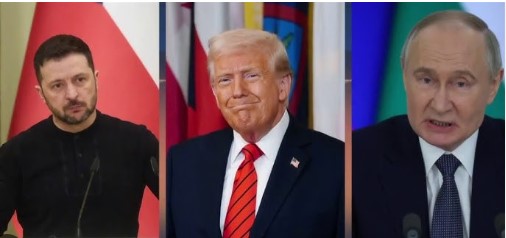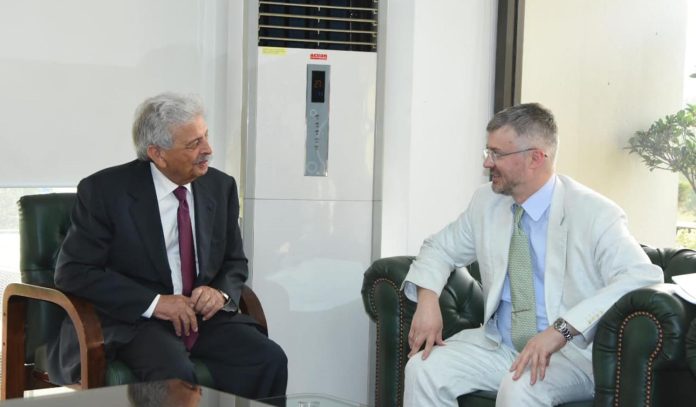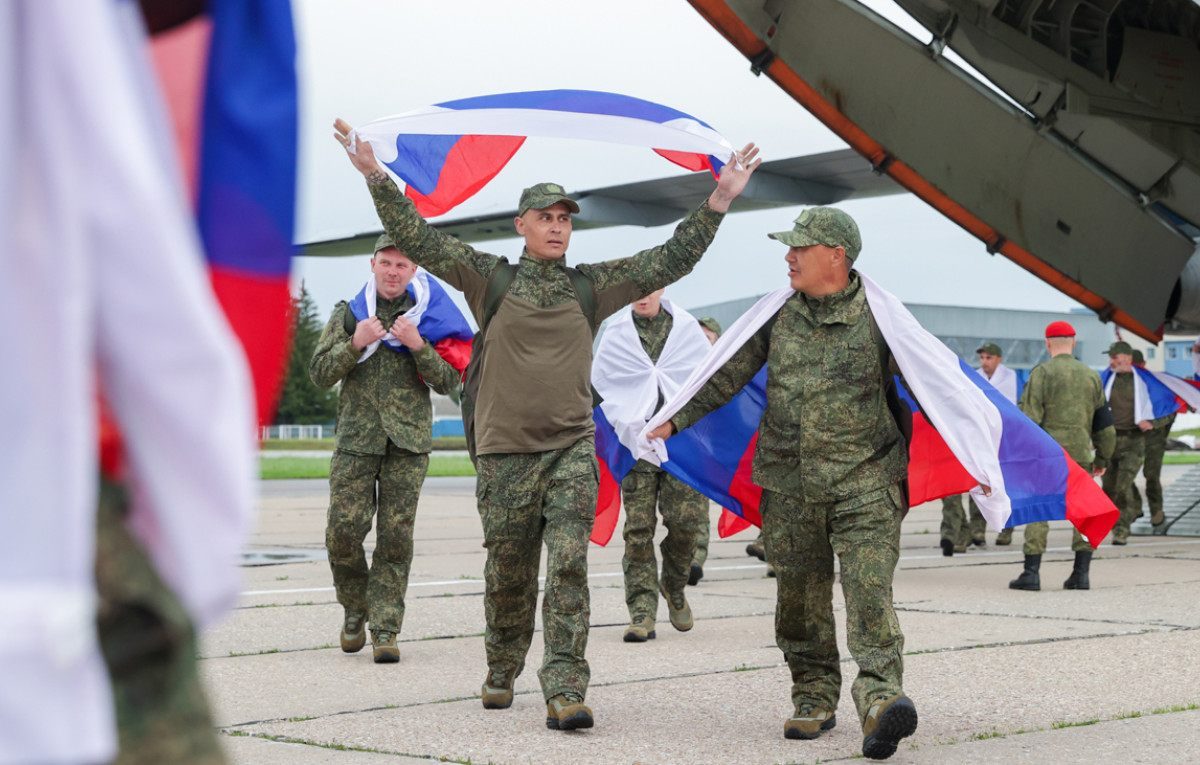
Russia and Ukraine Agree to Black Sea Ceasefire in Breakthrough Talks
- World News
- March 25, 2025
- No Comment
Russia and Ukraine Agree to Black Sea Ceasefire in Breakthrough Talks
In a significant diplomatic breakthrough, Russia and Ukraine have agreed to cease military operations in the Black Sea, ensuring the safety of navigation and preventing commercial vessels from being used for military purposes. The agreement was reached following three days of negotiations in Saudi Arabia, according to statements from the White House and Russian officials.
The talks, held separately between U.S. negotiators and delegations from Kyiv and Moscow, reflect growing international pressure to find a peaceful resolution to the ongoing conflict. The Biden administration emphasized the importance of ending hostilities, with President Trump urging both sides to halt the violence.
Key Agreements
- Safe Navigation: Both nations committed to eliminating the use of force in Black Sea waters.
- Trade Concessions: The U.S. pledged to help restore Russia’s access to global markets for agricultural and fertilizer exports, provided sanctions on financial institutions, including the Russian Agricultural Bank, are lifted.
- Energy Truce: U.S. and Russian officials agreed to explore a 30-day ceasefire on energy infrastructure strikes, a proposal initiated by President Vladimir Putin.
Ukraine’s Position
Despite the tentative agreement, Ukrainian Defense Minister Rustem Umerov called for further technical consultations to finalize implementation, monitoring mechanisms, and compliance. Kyiv also warned that if Russian warships reposition in the Black Sea, Ukraine reserves the right to self-defense.
Russia’s Stance
Russian Foreign Minister Sergei Lavrov emphasized the importance of securing Black Sea trade routes while remaining non-committal on a broader ceasefire. The Kremlin reiterated its demand for full access to international payment systems, a crucial factor in facilitating Russian exports.
Geopolitical Implications
This agreement marks the first significant de-escalation step in the conflict since Russia’s invasion of Ukraine in 2022. However, challenges remain, as previous UN-brokered grain export deals failed due to disagreements over trade conditions.
With the U.S. playing a key mediating role, diplomatic efforts will continue to ensure long-term stability, while both sides assess their next moves in the ongoing war.







